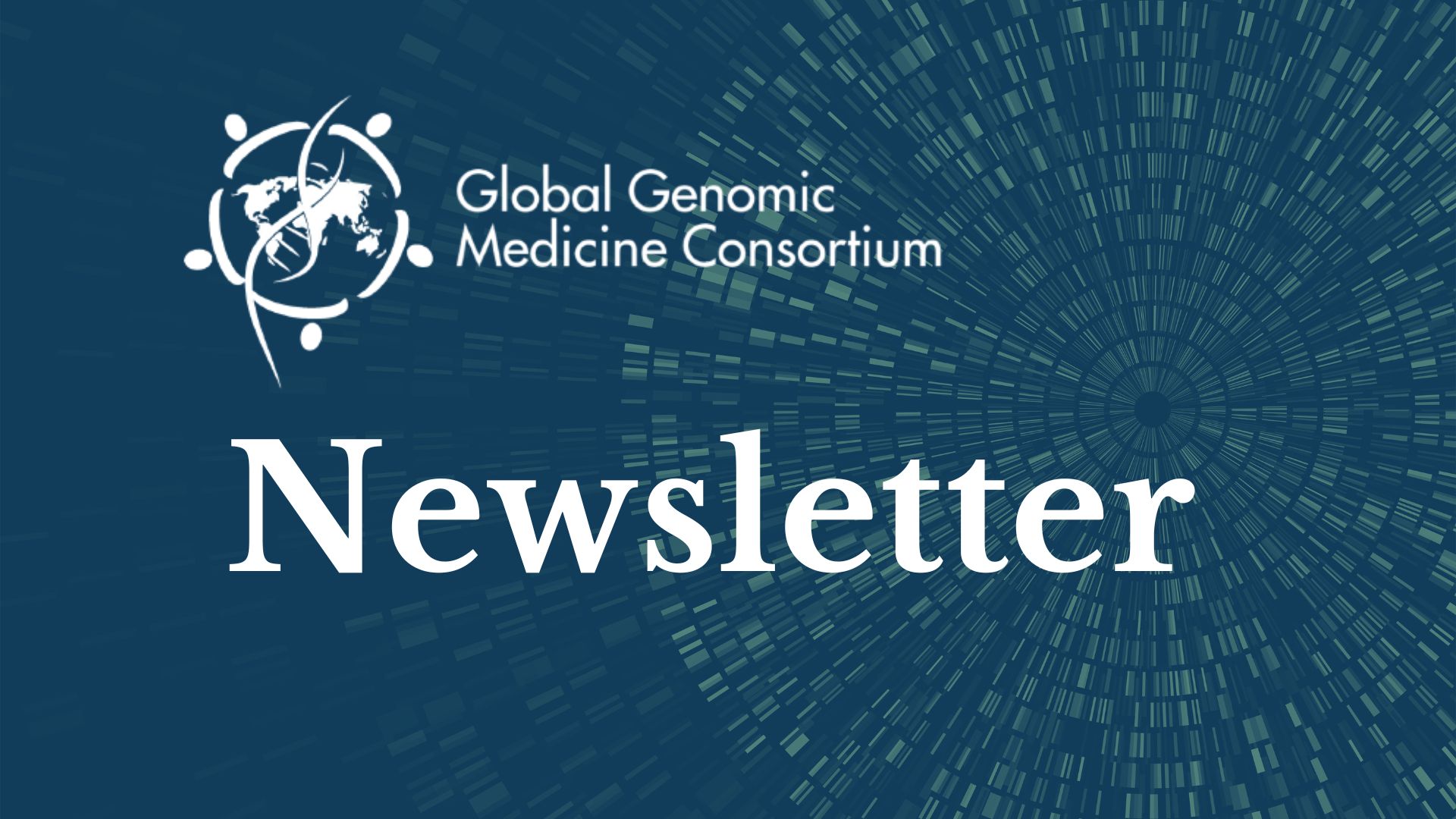WHO’s Science Council issued its first report, on accelerating access to genomics for global health. The report argues that it is not justifiable ethically or scientifically for lower/middle income countries to gain access to such technologies long after rich countries have already done so.
The report calls for expanding access to genomic technologies, particularly in LMICs, by addressing shortfalls in financing, laboratory infrastructure, materials, and highly trained personnel.
The reports also argues that while the costs of establishing and expanding genomic technologies are declining – making it increasingly feasible for all countries to pursue expanded genomics programs – they can and should be lowered further.
“Genomic technologies are driving some of the most ground-breaking research happening today. Yet the benefits of these tools will not be fully realized unless they are deployed worldwide. Only through equity can science reach its full potential impact and improve health for everyone, everywhere,” said Dr Soumya Swaminathan, WHO Chief Scientist. “Through convening and coordinating the world’s leading minds, as we do through our Science Council, WHO acts as a global engine for analysis to address the world’s most pressing health challenges.”
The report’s recommendations address four themes: advocacy, implementation, collaboration, and associated ethical, legal and social issues:
The report comes after increased awareness and funding of genomic programs follwoing the COVID-19 Pandemic. Data from WHO shows that the percentage of countries able to conduct genomic surveillance increased from 54% to 68% between March 2021 and January 2022.
Below we have linked the WHO’s article as well as their 5mb downloadable overview.









